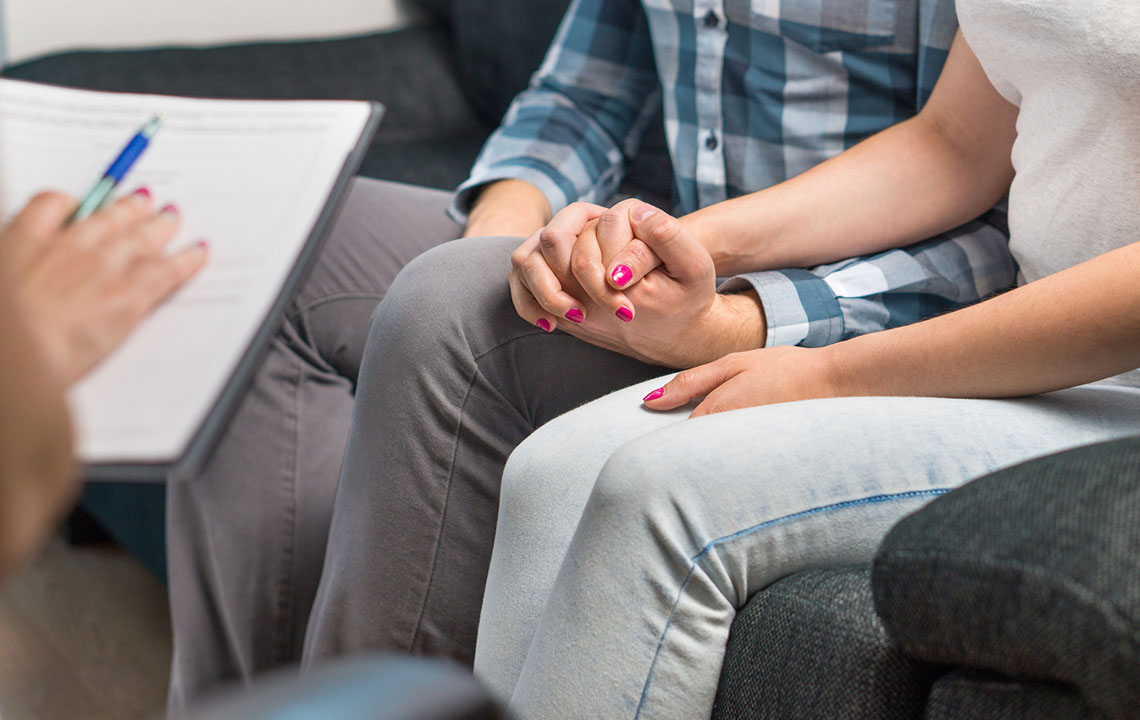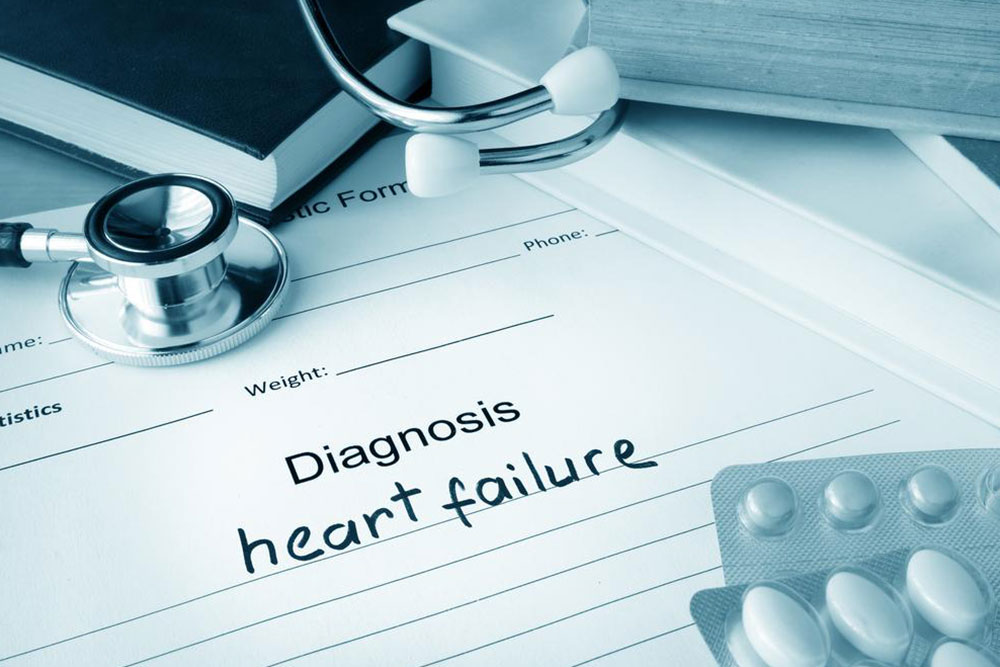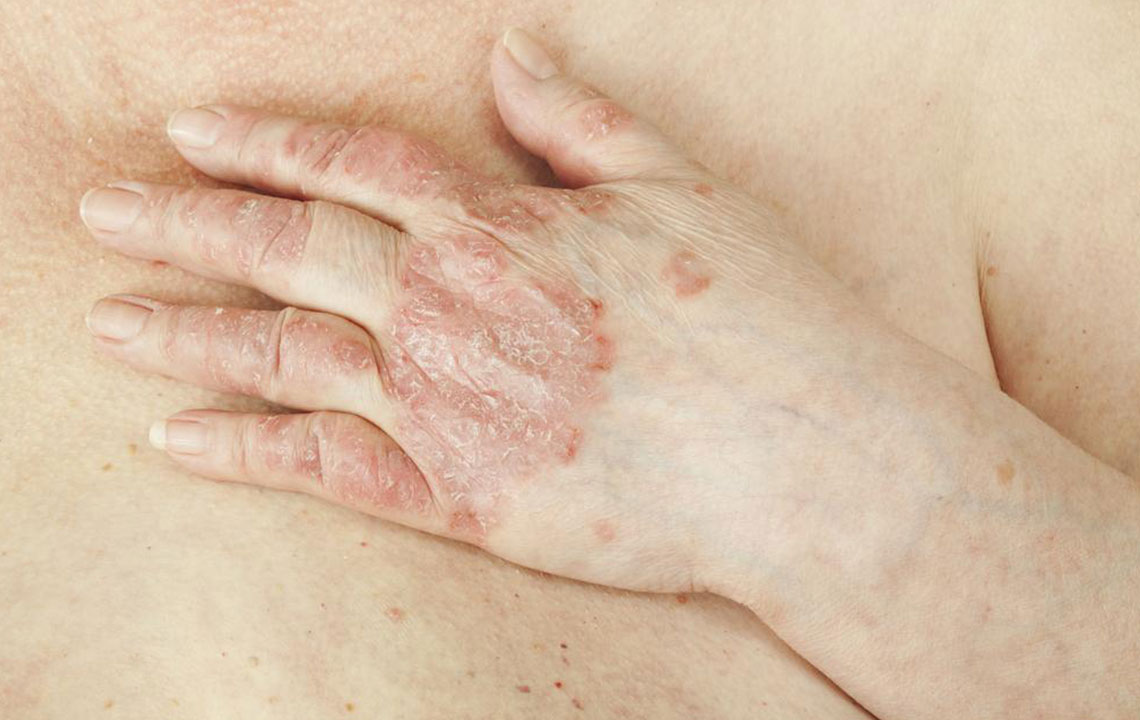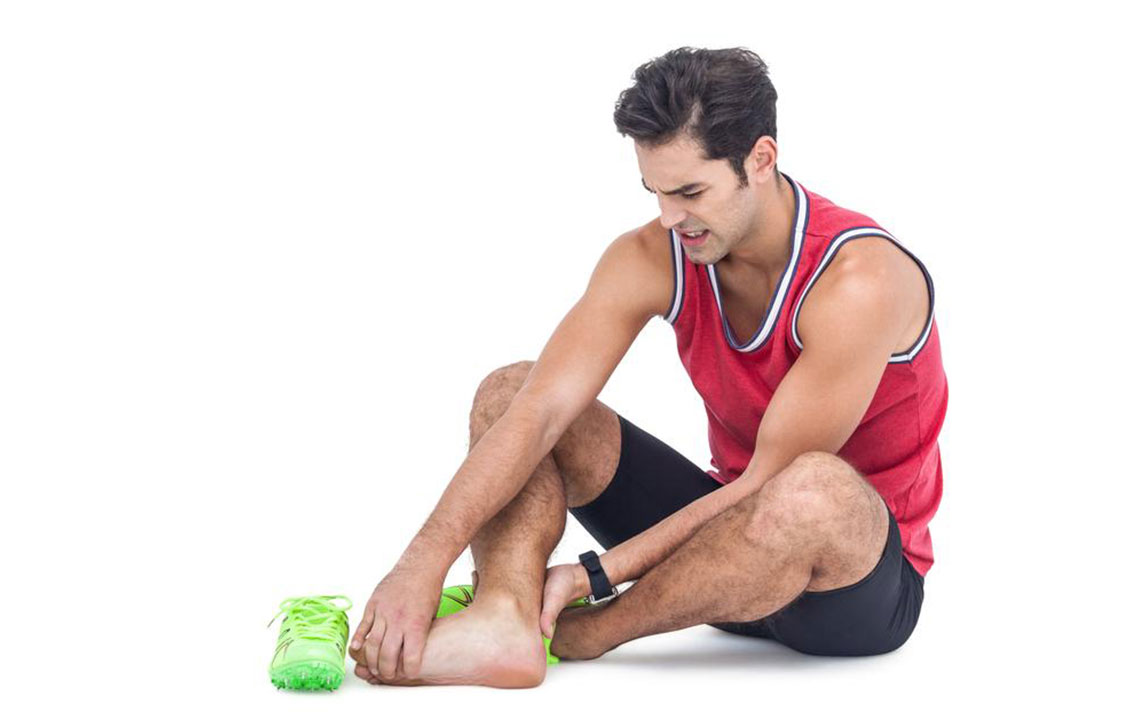Effective Strategies and Lifestyle Tips for Managing Anxiety and Panic Attacks
Discover effective treatment strategies for anxiety and panic attacks, including psychotherapy, medication options, and lifestyle changes. Learn how combining professional care with healthy habits can promote recovery and reduce symptoms. This comprehensive guide emphasizes early intervention, therapy techniques like CBT, medication classes such as antidepressants, and simple lifestyle tips like staying active and ensuring good sleep for managing anxiety effectively.
Sponsored

Available treatment options for anxiety include:
Psychotherapy: Often referred to as talk therapy, this involves sessions where patients discuss their fears and triggers. Creating a supportive environment helps patients open up about their feelings. Cognitive Behavioral Therapy (CBT) is especially effective, providing patients with skills to control their anxiety and challenge negative thoughts. Progress is monitored in the initial weeks, and if needed, medication can be added to enhance treatment.
Medications: Several drug classes assist in managing anxiety symptoms. While therapy is foundational, medication can be essential for some individuals. Common options include:
Antidepressants: SSRIs and SNRIs are frequently prescribed to reduce anxiety. Examples include escitalopram, venlafaxine, duloxetine, and paroxetine. Doctors choose specific antidepressants based on individual needs.
Buspirone: This anti-anxiety medication is prescribed with therapy and takes a few weeks to become fully effective, providing steady relief.
Benzodiazepines: Used mainly for short-term relief, these are prescribed when symptoms are severe. Due to their addictive potential, they’re generally avoided if addiction or substance abuse is a concern.
In addition to medical treatment, adopting healthy lifestyle habits can significantly reduce anxiety. Maintaining physical activity, scheduling regular vacations or social outings, and ensuring sufficient sleep are all vital. These practices help manage stress and improve overall mental health, complementing professional interventions for anxiety and panic disorder.






